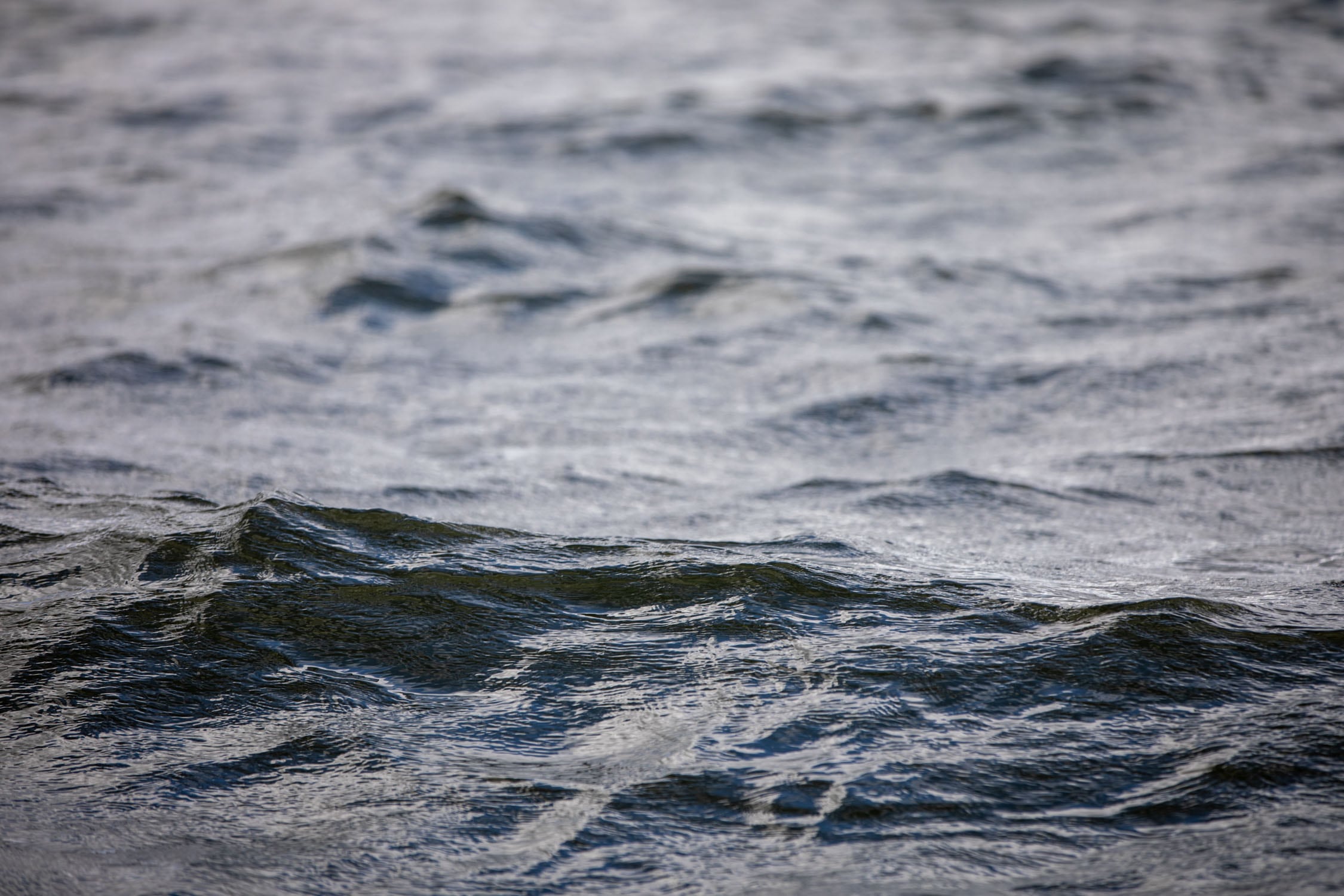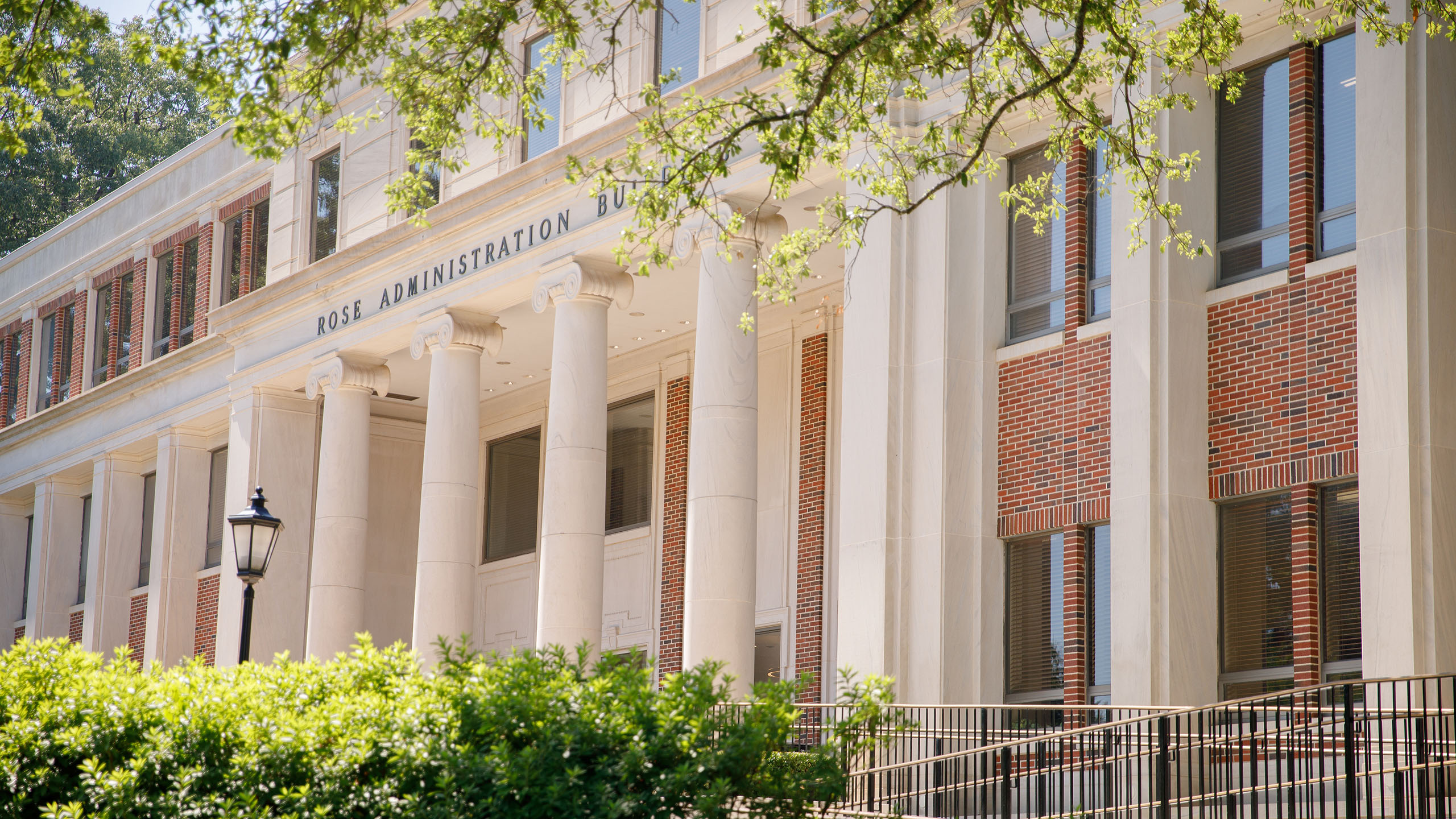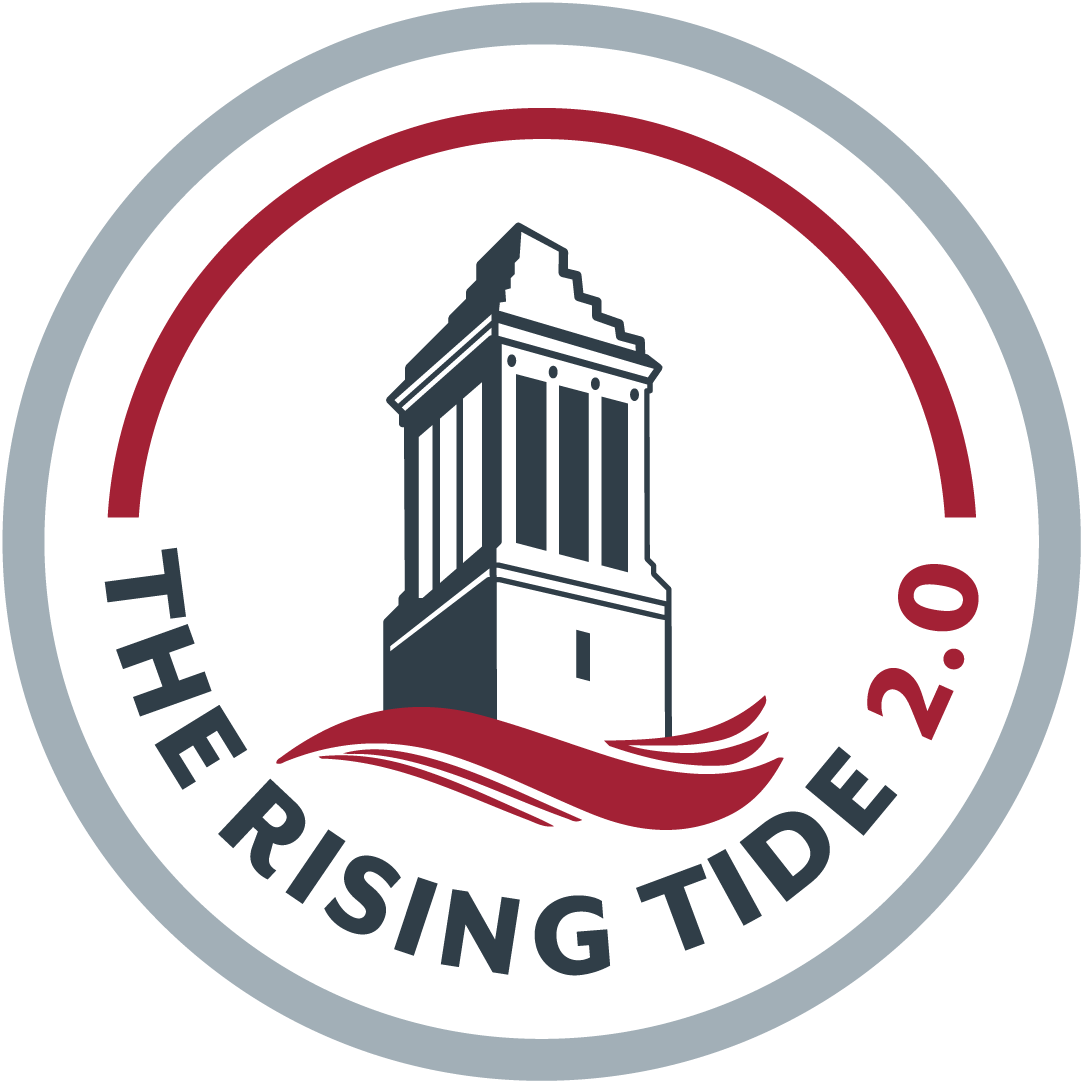UA’s graduate fellowships allow the Capstone to attract and retain the most talented students for our labs and classrooms. Christine Bassett’s story offers an excellent example of how fellowship funds can help UA compete successfully for these students, who then go on to highly visible and prestigious careers that continue to bring renown to UA.
Graduate fellowships are “the coin of the realm” across US higher education in support of graduate students. These fellowships provide a tuition scholarship as well as a stipend to cover living expenses, for the top 10% of our students. Fellowships thus serve as a primary driver of quality, allowing UA to land students who would otherwise go elsewhere for their advanced studies. After the fellowship year, these high-achieving students continue to receive support from work-based assistantships for the remaining years of their studies. The assistantships allow them to work alongside a faculty mentor in a research lab, both to carry out their own doctoral research and to support a faculty member who is often funded by federal research grants to advance knowledge in areas of national priority.
Christine came to UA for her Master of Science in Geology, where she was a star performer. A graduate fellowship was the key to tempting her to continue at UA to pursue her Ph.D.
Fellowships fund both the research and the teaching missions of the university, catalyzing faculty research while training tomorrow’s leaders in the rigorous methodologies of their science or art.
Because of her fellowship, Christine could combine her interests in Anthropology and Geology to connect the past with current climate change. She studies the growth lines on butter clam and abalone shells, to understand temperature fluctuations in the world’s oceans over time. In her words, “Anthropology looks at broad swaths of time as periods around 100 years or more. Geology lets me view seasonal microscale changes.”
To retrieve the shells needed for her analysis, Christine first had to secure her diving certification with an additional cold-water specialty –not a common requirement for most graduate research. Her work then took her to the Unalaska Sea Ice Project in the Aleutian Island sand the Channel Islands off California’s southern coast. Her analysis is a breakthrough development for scientists to better understand seasonal, local climate change through rising water levels and temperatures, and their effect on clam and abalone populations, continuing to paint an ever-more-robust picture of climate change over time.
Christine’s fellowship allowed her the time and resources to perfect her analytical and communicative skills at a very high level. During the year after her fellowship, Christine won UA’s competitive Three Minute Thesis contest, presenting her research with exceptional storytelling palatable for any audience. Subsequently, she began to receive external recognition that reflected well both on her own talents and UA’s academic excellence. In 2019, she was named an American Geophysical Union Voices for Science advocate. The next year, she received prestigious appointment as a member of the 2020 class of John A. Knauss Marine Policy Fellowship finalists, at the National Oceanic and Atmospheric Administration (NOAA) Sea Grant.
Her work at the Sea Grant impressed the NOAA leadership, who have now hired her as a Scientist/Engineer at their national headquarters in Washington, D.C. While completing her Ph.D., Christine is already working among our nation’s leaders and sharing her UA experience. This creates a chain of excellence whereby those researchers will send future promising students to the Capstone, and those students, in turn, carve out new areas of knowledge and discovery.
This level of national excellence and recognition is only possible through competitive fellowship packages that retain students like Christine. As she observed,
“One of the biggest benefits of the fellowship I received was alleviating me from having to teach during my first year. That not only gave me more time for research in the lab, it also gave me the schedule flexibility to consistently attend conferences each semester and conduct fieldwork in remote locations, setting me up for a successful Ph.D.experience at UA.”
Through the Rising Tide Capital Campaign, we will increase both the number and the competitiveness of our fellowships to a pace that matches our aspirations and the accomplishments of our distinguished faculty. Named fellowships help create tomorrow’s leaders and remain linked throughout their extraordinary careers.


